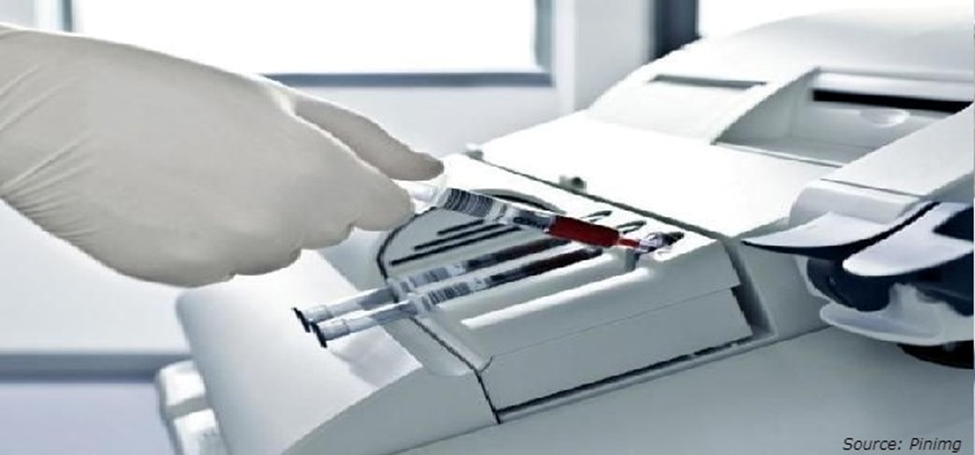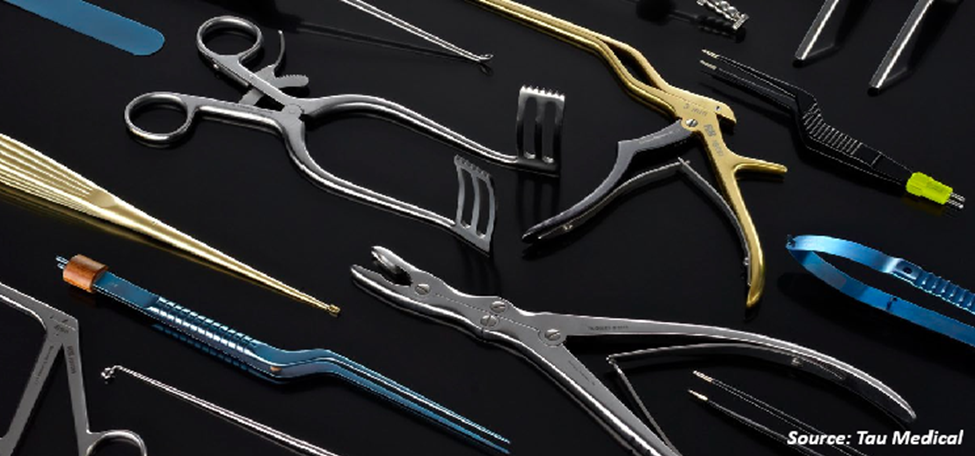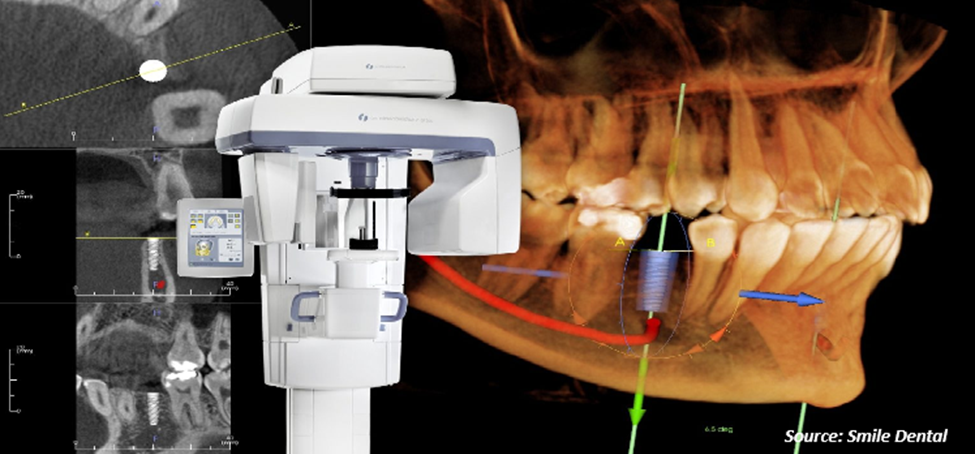
Singapore Disabled and Elderly Assistive Device Market by Type (Mobility Impairments, Hearing Impairments, Visual Impairments, Cognitive Impairments, and Self-Care), and by End User (Hospitals, Elderly Nursing Homes, Home Care, and Other End Users) – Opportunity Analysis and Industry Forecast, 2024 – 2030
Industry: Healthcare | Publish Date: 03-Oct-2024 | No of Pages: 120 | No. of Tables: 87 | No. of Figures: 52 | Format: PDF | Report Code : HC2703
Singapore Disabled & Elderly Assistive Device Market Overview
The Singapore Disabled & Elderly Assistive Device Market size was valued at USD 707.2 million in 2023, and is predicted to reach USD 1934.6 million by 2030, at a CAGR of 14.4% from 2024 to 2030.
The disabled & elderly assistive device industry comprises a wide range of products and services designed to support the aging population and individuals with disabilities in maintaining their autonomy and improving their quality of life. This market covers medical furniture, hearing aids, mobility aids and living aids, that are crucial for managing chronic conditions and ensuring safety.
Innovations in these areas are driven by the need to address the growing challenges of an aging population and the diverse requirements of individuals with disabilities, making this market integral to enhancing accessibility and wellbeing.
This sector is fueled by growing rate of disabled individuals, rapid technological advancements, and evolving regulatory landscapes, the assistive device industry prioritizes inclusivity and continuously adapts to meet the ever-changing needs of its diverse user base.
The Regulatory Frameworks Fuels the Growth of Assistive Device Market
Government regulations in Singapore play a pivotal role in shaping the demand and growth of the disabled & elderly assistive device market. Regulatory frameworks enforced by agencies such as the Health Sciences Authority (HSA) ensure that assistive devices meet stringent safety, efficacy, and quality standards before they marketed and sold in Singapore. These regulations are designed to safeguard public health and ensure consumer confidence in the devices available in the industry.
According to the Portulans Institute report 2023, Singapore’s Governance pillar that includes regulatory quality, ICT regulatory environment, regulation of emerging devices, and others scoring 87.76 out of 100.
Compliance with regulatory requirements is crucial for manufacturers and distributors to enter and thrive in the Singapore disabled & elderly assistive device market, driving innovation and ensuring that only safe and effective devices are accessible to consumers.
Collaborative Innovations by Key Companies Propel the Growth of the Market
The collaboration between companies is driving innovation and growth in the Singapore disabled & elderly assistive device market trends. By partnering on research and development initiatives, sharing resources, and leveraging each other's strengths, companies accelerate the development of new devices.
For instance, in June 2024, Ascott collaborated with SG Enable to elevate disability inclusion and set new standards for accessible accommodation in the hospitality industry. This collaboration enhances the diversity and quality of assistive devices available, addressing a broader range of needs for the senior and disabled populations.
Moreover, joint efforts in marketing and distribution expand market the Singapore disabled & elderly assistive device market reach and improve accessibility to these critical devices across the region.
The High Cost Associated with Assistive Devices Hinders the Growth of the Market in Singapore
The high cost of assistive devices creates significant barriers for people in developing and underdeveloped countries, particularly those with low or fixed incomes. These essential tools, that greatly improve the quality of life for individuals with disabilities, often remain out of reach due to the stark economic disparities and limited financial resources.
Factors such as high import costs, inadequate government support, and lack of affordable financing options exacerbate this problem, preventing many from accessing devices such as living aids, hearing aids and mobility aids.
The Integration of AI into Assistive Devices is Expected to Create Ample Growth Opportunities for the Market
The integration of technology such as artificial intelligence (AI) and advanced sensors into disabled & elderly assistive devices represents a transformative leap towards a future where these devices are not only more advanced but also more personalized and accessible than ever before.
AI enables assistive devices to evolve beyond static solutions, becoming dynamic and adaptable to the specific needs of each user. Through machine learning algorithms, these devices learn from user interactions, continuously improving their functionality and responsiveness.
Competitive Landscape
The promising players operating in the Singapore disabled & elderly assistive device industry includes Starkey Hearing Technologies, Baxter, Sonova, Rainbow Care, Vertex Mobility, Dragon Medical Co., Ltd, DNR Wheels, Cairnhill Healthcare, Savion Industries, Stryker, and others.
Singapore Disabled & Elderly Assistive Device Market Key Segments
By Type
-
Mobility Impairments
-
Wheelchairs
-
Walkers and Rollators
-
Canes and Walking Sticks
-
Crutches
-
Portable Ramps
-
Others
-
-
Hearing Impairments
-
Hearing aids
-
FM System
-
Deafblind communicators for hearing
-
-
Visual Impairments
-
Screen readers
-
Optical magnifiers
-
Smart phones for vision
-
Braille writing equipment
-
Talking Devices
-
-
Cognitive Impairments
-
Self-Care
-
Shower Chairs
-
Grab-bars/handrails
-
By End User
-
Hospitals
-
Elderly Nursing Homes
-
Home Care
-
Other End Users
Key Players
-
Starkey Hearing Technologies
-
Baxter
-
Sonova
-
Rainbow Care
-
Vertex Mobility
-
Dragon Medical Co., Ltd
-
DNR Wheels
-
Cairnhill Healthcare
-
Savion Industries
-
Stryker
REPORT SCOPE AND SEGMENTATION:
|
Parameters |
Details |
|
Market Size Value in 2023 |
USD 707.2 million |
|
Revenue Forecast in 2030 |
USD 1934.6 million |
|
Value Growth Rate |
CAGR of 14.4% from 2024 to 2030 |
|
Analysis Period |
2023–2030 |
|
Base Year Considered |
2023 |
|
Forecast Period |
2024–2030 |
|
Market Size Estimation |
Million (USD) |
|
Growth Factors |
|
|
Companies Profiled |
10 |
|
Customization Scope |
Free customization (equivalent up to 80 working hours of analysts) after purchase. Addition or alteration to country, regional, and segment scope. |
|
Pricing and Purchase Options |
Avail customized purchase options to meet your exact research needs. |




 Speak to Our Analyst
Speak to Our Analyst


































